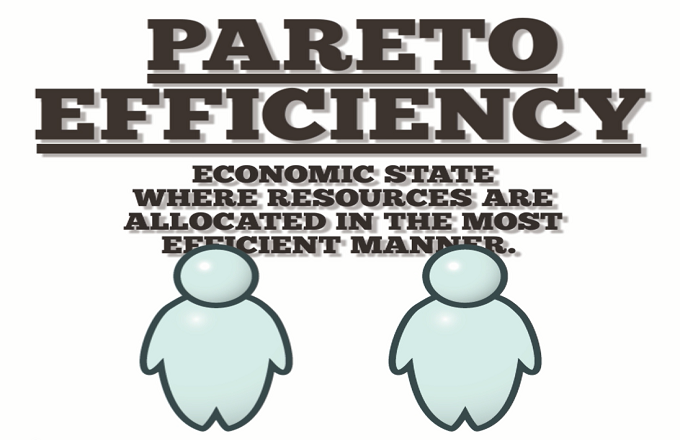A poison pill is a corporate maneuver put in place to try and prevent a hostile takeover. The target corporation uses this strategy to make its stock less attractive to the acquirer. This is accomplished by making the target company’s stock more expensive. There are several methods for implementing a poison pill. One poison pill strategy involves allowing the existing shareholders to buy more stock at a discount. This increases the number of shares the acquirer will have to buy. A variant of this is to offer a highly advantageous preferred stock that is convertible to common shares should the company be acquired. Another related poison pill involves creating an employee stock option plan that vests only if the company is acquired in a takeover. This makes it more difficult to retain key employees after the takeover. One non-stock related method is to create key management incentive plans (called golden parachutes) that provide for expensive compensation payments should the acquirer buy the company and fire all the key executives. Another non-stock poison pill is to amend the corporate by-laws to stagger board of director elections. Doing this creates the likelihood the acquirer will face a number of unfriendly board members after the hostile takeover. Poison pills are often controversial because they increase costs for the company should they actually be implemented. Critics also state that poison pills interfere with market efficiencies that encourage takeovers when there are favorable economic conditions.





